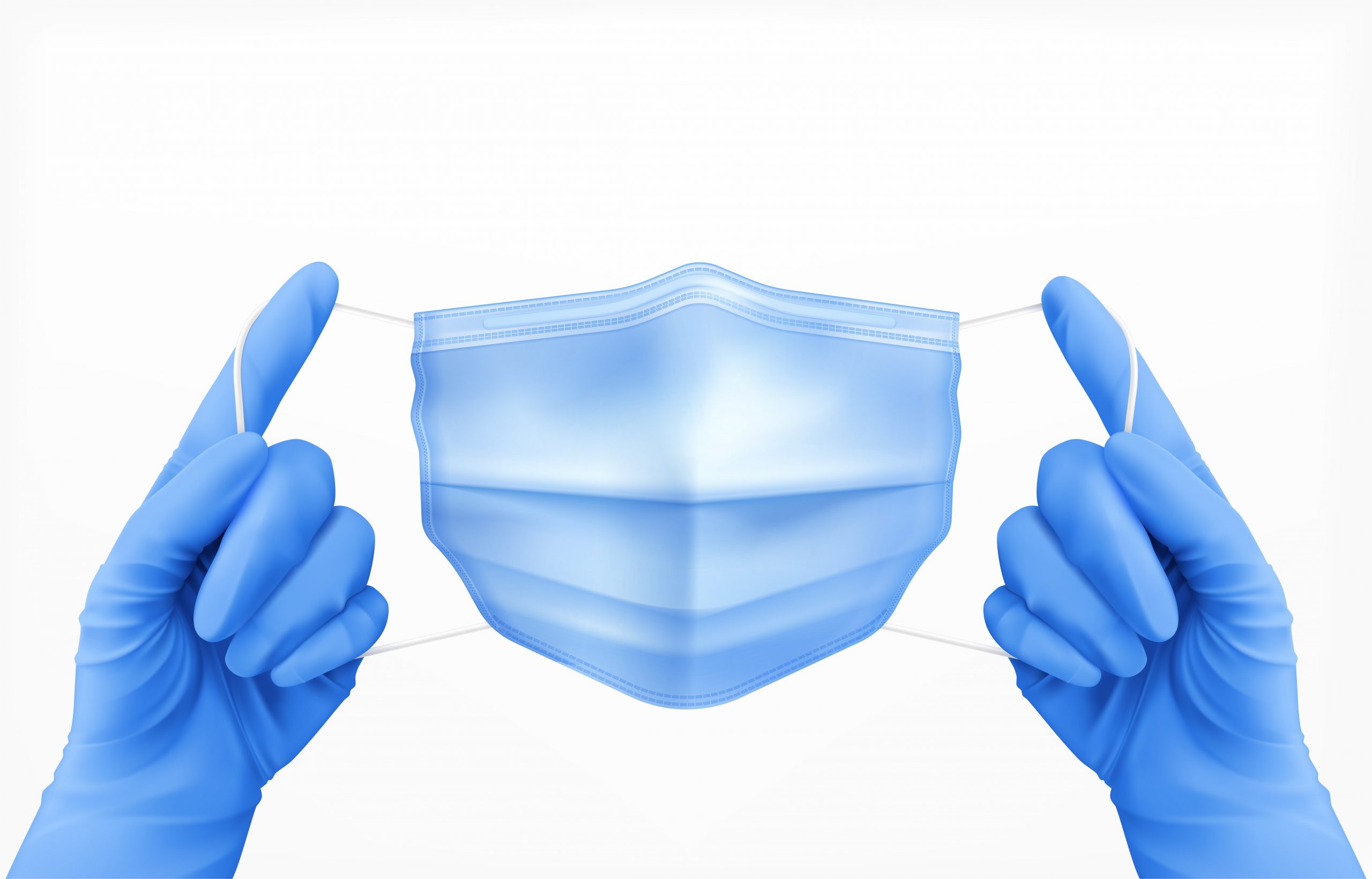

Flinders University medical specialists developed a low-cost solution to adapt N95 filtering facepiece respirators (FFRs) for health workers on the front lines of the pandemic and respiratory viruses such as influenza. “Individually and anatomically personalized 3D-printed face mask represent a rapidly scalable technology to significantly improve health care worker protection and comfort, and fit-testing pass rates,” says Flinders University cardiology research fellow Darius Chapman.
According to the researchers, the reduction in “leakage” and increased comfort for the wearer whose face has been specifically fitted could have applications to enhancing respirator and face mask safety in a variety of industrial contexts, including health care and beyond. The paper “Personalized 3D-printed frames to reduce leak from N95 filtering facepiece respirators: a prospective crossover trial in health care workers” was published in the Journal of Occupational and Environmental Hygiene.
During the COVID-19 pandemic, Mr. Chapman led a project with clinician and cardiac electrophysiology scientist at Flinders, Professor Anand Ganesan, to compare the performance of personalized 3D printed frames to improve N95 FFRs test scores compared to regular respirators.
They created 3D scans of volunteers’ faces using a mobile iPhone camera and an app, which were then loaded into a software program to define each user’s facial structure and characteristics to scale.
From these individual facial impressions, or virtual scaffolds, a plastic and subsequently silicone-coated frame was created using a commercially available 3D printer.
“Overall, the quantitative fit testing significantly improved, as did the respirator comfort and tolerability factor,” says Mr. Chapman.
“With further refinement, this system could considerably advance the correct fitting of N95 and other FFRs, which have become increasingly important in our health care systems during the pandemic,” adds Professor Ganesan.
“The ability to generate the low-cost 3D-printed mesh from a readily available mobile device technology means that individual face scans can be easily and cost-effectively generated around the world in any location.
“A proposed workflow for this technology could involve the scans being sent direct to fabrication centers which could be located at a distance from hospitals or other health facilities.
“Further, using readily available consumer-grade 3D printers and materials at low cost could be an important practical advance to decreasing leakage from N95 FFRs in workers as well as other people at high risk of severe outcomes from respiratory virus, like immunocompromised people.”
more recommended stories
 Vascular Health Linked to Early Alzheimer’s Brain Changes
Vascular Health Linked to Early Alzheimer’s Brain ChangesKey Takeaways Brain vascular health is.
 Red Blood Cells Improve Glucose Tolerance Under Hypoxia
Red Blood Cells Improve Glucose Tolerance Under HypoxiaKey Takeaways for Clinicians Chronic hypoxia.
 Pediatric Crohn’s Disease Microbial Signature Identified
Pediatric Crohn’s Disease Microbial Signature IdentifiedKey Points at a Glance NYU.
 High-Fat Diets Cause Damage to Metabolic Health
High-Fat Diets Cause Damage to Metabolic HealthKey Points Takeaways High-fat and ketogenic.
 Can Too Many Antioxidants Harm Future Offspring?
Can Too Many Antioxidants Harm Future Offspring?Key Takeaways High-dose antioxidant supplementation in.
 Human Antibody Drug Response Prediction Gets an Upgrade
Human Antibody Drug Response Prediction Gets an UpgradeKey Takeaways A new humanized antibody.
 Dietary Melatonin Linked to Depression Risk: New Study
Dietary Melatonin Linked to Depression Risk: New StudyKey Summary Cross-sectional analysis of 8,320.
 Type 2 Diabetes Risk Identified by Blood Metabolites
Type 2 Diabetes Risk Identified by Blood MetabolitesKey Takeaways (Quick Summary) Researchers identified.
 Microglia Neuroinflammation in Binge Drinking
Microglia Neuroinflammation in Binge DrinkingKey Takeaways (Quick Summary for HCPs).
 Durvalumab in Small Cell Lung Cancer: Survival vs Cost
Durvalumab in Small Cell Lung Cancer: Survival vs CostKey Points at a Glance Durvalumab.

Leave a Comment